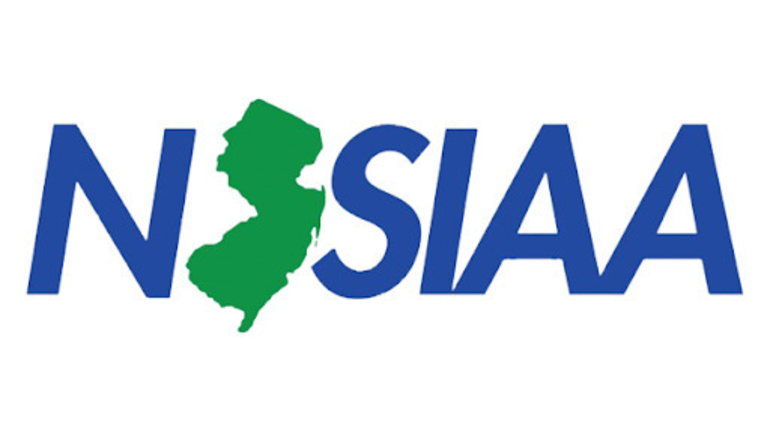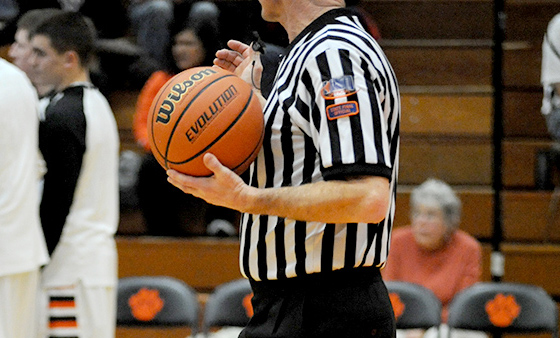Syracuse Self-Reports Possible NCAA Infractions On Drug Policy
http://blog.syracuse.com/orangebasketball/2012/03/syracuse_athletic_director_dar_1.html
“We self-reported issues with drug testing to the NCAA, and there is currently an ongoing inquiry,” said Kevin Quinn, SU’s senior vice president for public affairs. “The inquiry does not involve any current SU student-athletes. To ensure the integrity of the ongoing process, we are unable to comment further.”
The website Yahoo! Sports reported Monday that SU had allowed 10 basketball players over the last decade to practice and play despite being in violation of the school’s drug policy. Yahoo! Sports said it had conducted a three-month investigation and found that the players involved tested positive for banned recreational substances. The website said it had five sources but did not name them.
The report said Syracuse violated its own drug policy by failing to properly count positive tests and by allowing ineligible players to play after they should have been suspended.
Syracuse University athletic director Daryl Gross said the university reported the possible violations to the NCAA “years ago.”
“It’s our policy to self-report any and all potential infractions to the NCAA,” Gross said. “We self-report constantly.”
The NCAA, when contacted Monday by The Associated Press, issued a statement:
“Syracuse University appropriately self-reported possible violations to the NCAA several months ago and we currently have an ongoing investigation.”
Spokeswoman Stacy Osburn clarified that the self-report was more than a year ago.
Gross would not comment specifically on the Yahoo! Sports story or the university’s report to the NCAA.
While the Yahoo! Sports report suggested that Syracuse’s alleged transgressions encompassed a period from 2001 to the present, Gross said the university’s self-report included no members of the current team, which is 30-1 and ranked No. 2 in the nation.
“We’re not dealing with any current student-athletes,” Gross said. “We know what kind of kids we have here. We have good kids who are in compliance with all NCAA rules and university policies.”
SU basketball coach Jim Boeheim declined comment.
According to the Yahoo! Sports report, “four sources said the breadth of potential violations could apply to Syracuse seasons as far back as 2001 and include the 2002-03 national championship season.”
The report said at least one SU player “continued to play after failing four tests and another player played after failing three.”
The NCAA does its own drug testing during the NCAA Tournament. Otherwise, it holds schools responsible for adhering to their own drug policies.
Gross took over as athletic director in 2005. His predecessor, Jake Crouthamel, who is now retired, said Monday he could recall only one SU basketball player who was in violation of the school’s drug policy. In that instance, he said, the university’s drug policy guidelines were followed.
“I’m not aware of not adhering to our drug policy or the NCAA drug policy,” Crouthamel said.
He said the chain-of-command in a drug policy issue would take a violation directly from the university’s sports medicine staff to him. If a student-athlete violated the drug policy, “he would sit until he tested clean.”.
Gross would not talk about the timeline of the violations and the university’s report. He said it wasn’t unusual for the NCAA to take years to finalize an investigation into violations that have been self-reported by a university.
“There’s a process involved,” he said. “There’s discussion. A back-and-forth.”
Gross said he was confident in how the university handled the reporting of the potential violations.
“We think we did things the right way,” he said.







